For every one step forward on reforms, there is one step backward for the UPA government. This applies even for a reformist Finance Minister like P Chidambaram.
Chidambaram’s speech yesterday during the passing of the Finance Bill in the Lok Sabha gave us ample evidence of how much he is willing to backtrack or make anti-reform statements when politics intervenes.
Among other things, the Finance Minister went out of his way to tell rural vested interests that their land holdings would never pay any wealth tax.
“There was apprehension that wealth tax was being imposed on agricultural land. Let me make it absolutely clear that the policy of the UPA government is not to impose wealth tax on agriculture land,” Chidambaram told parliament.
According to The Hindu , the doubts had arisen due to some rulings of the Punjab and Haryana High Court, and Chidambaram bent over backwards to move clarificatory amendments to see that the Congress’ favoured constituency continues to rake in untaxed money.
Not only that, Chidambaram has made the amendments retrospective from 1993 - so if by chance any agriculturist has actually paid any wealth tax (unlikely, though), he might even get a refund.
Quite apart from the fact that no agriculturist ever pays any direct tax, and, over and above this, receives subsidised fertiliser, power and diesel as well as a minimum support price for his produce, this mollycoddling of the farm sector is one main reason why tax base is simply not being expanded.
The only people who pay taxes are salary earners and corporates. But there is no question of taxing the rural rich, who comprise a big chunk of MPs not only in Congress, but many regional parties.
One shouldn’t be surprised if we have another law which says that farmers will not ever pay capital gains taxes - especially in the context of the Land Acquisition Bill which calls for paying compensation at four times market price in rural areas and two times in urban areas.
But pandering to the farm lobby is one thing, but the Congress has now temporarily gone back on another key reform - steady increases in diesel prices by 50 paise a month to reduce the subsidy bill. This is the reform for which the Congress got a lot of applause from the markets, but Petroleum Minister Veerappa Moily has asked oil companies to hold back the hike due because of the Karnataka elections next Sunday.
On the other hand, petrol prices are steadily being cut. Even while holding back diesel hikes, the oil companies are probably being leaned on to cut petrol prices - with prices being reduced by Rs 3 a litre yesterday.
The logic - of holding back price changes during an election - obviously does not cut both ways. You hold back reform, and unleash the price cuts as electoral goodies.
There is only one reason for this: Karnataka is Moily’s home state, and even though the Congress is expected to win in a canter, political priorities over-ride reforms.
To be sure, the diesel hike may happen soon after the votes are cast.
But with elections due to several states over the next few months - Delhi, Madhya Pradesh, Chhattisgarh and Rajasthan - one wonders if the stop-go approach to fuel pricing reforms will continue. Even at 50 paise a month, it will take the oil companies more than a year to cut losses to zero. And we can’t be sure of that due to the elections looming ahead.
Reform, it seems, is still only a fair weather option for the UPA.


)




)
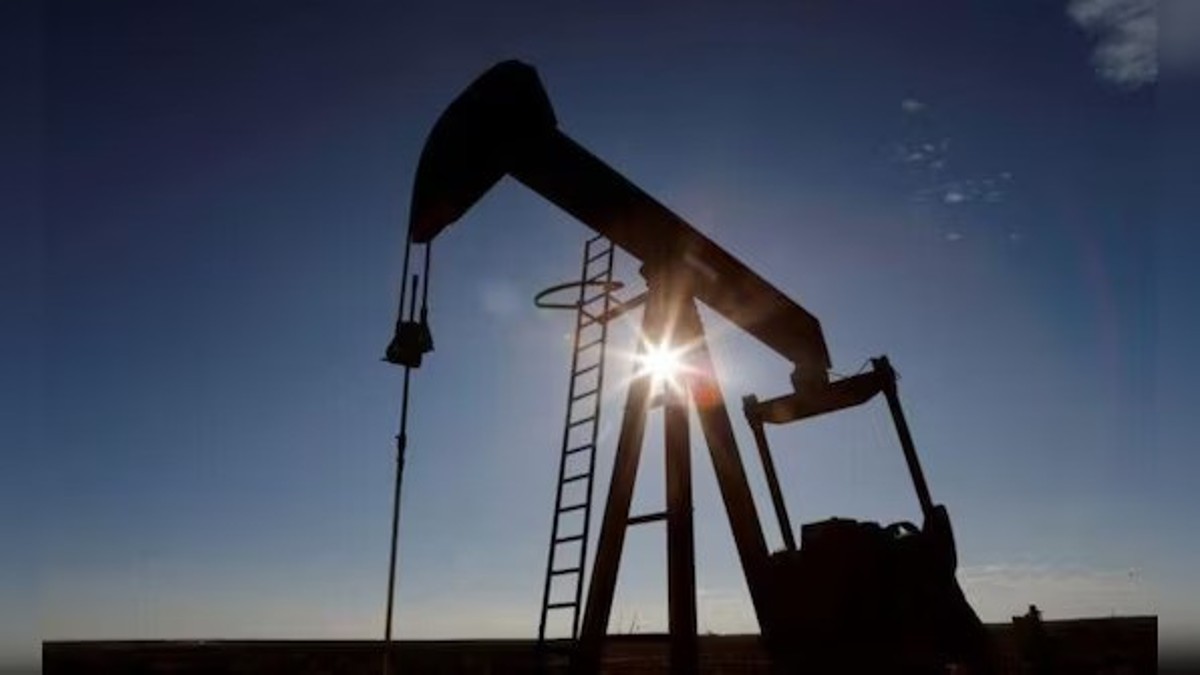)
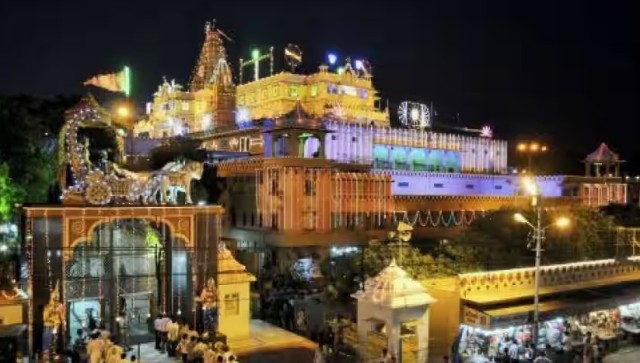)
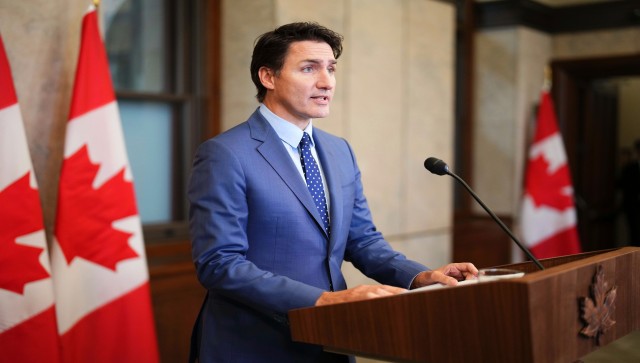)
)
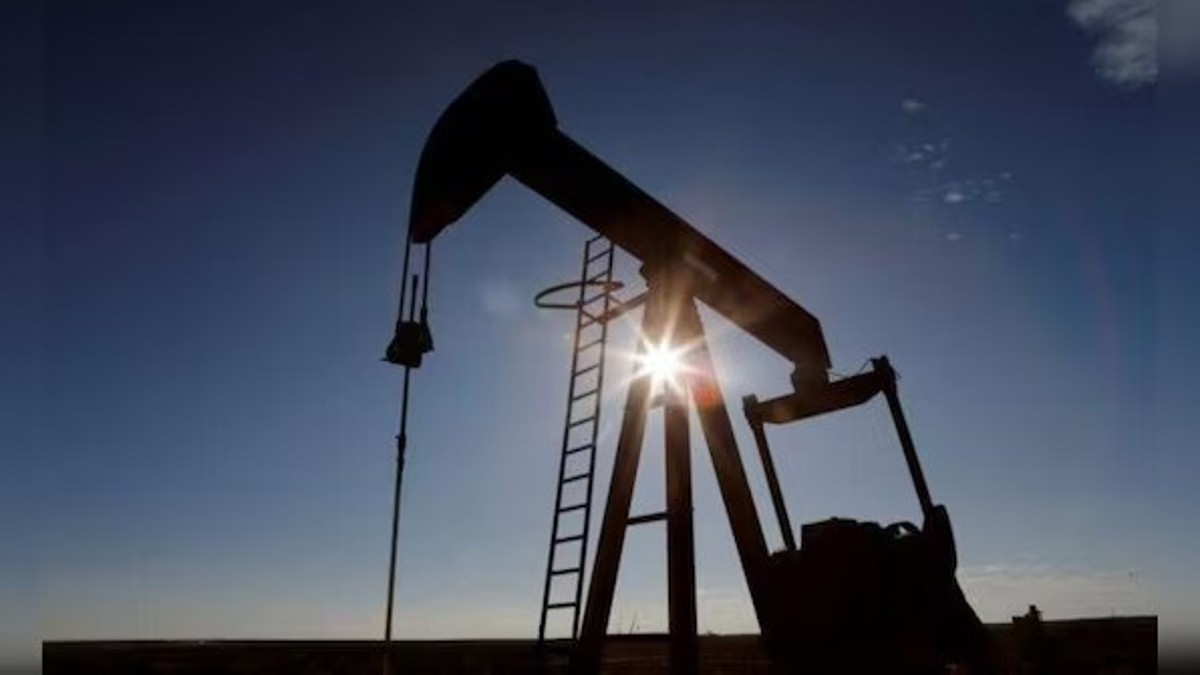)
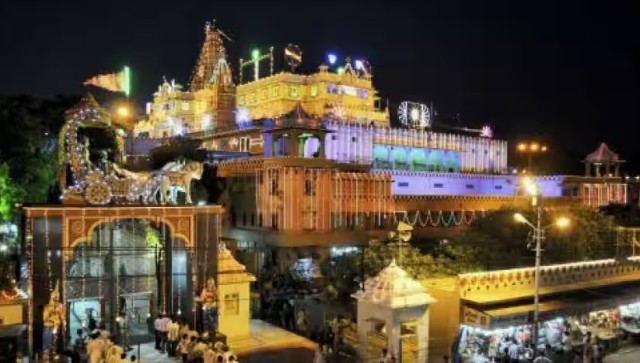)
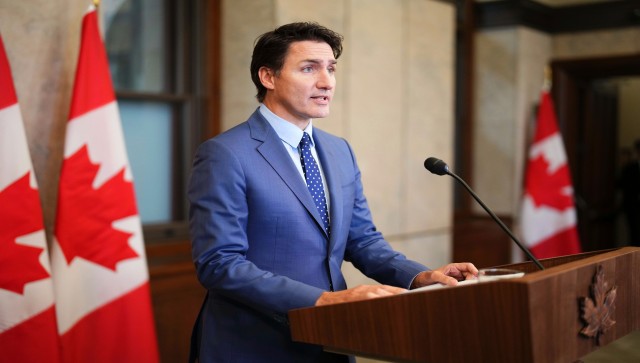)